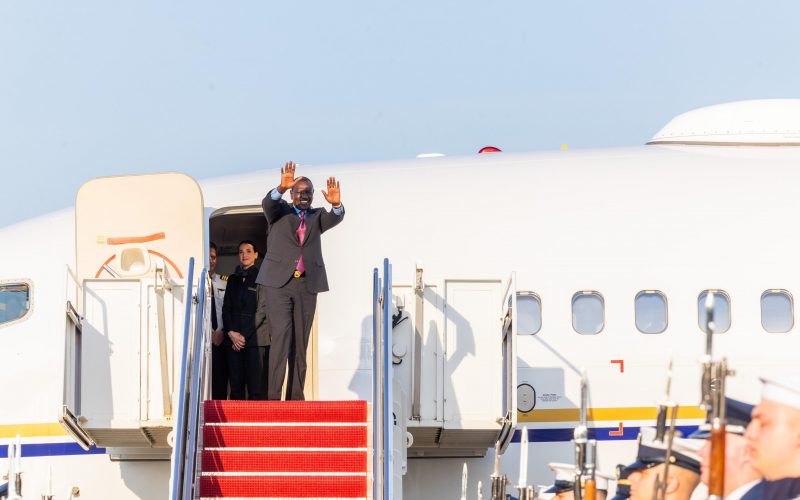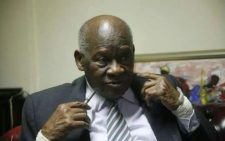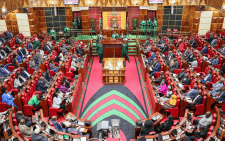Kenya must remain above fray in foreign relations

President William Ruto’s recent visit to the United States has jolted public opinion in Kenya about where we are heading in our international relations. Indeed, the bigger debate is where we belong in the increasingly fluid geopolitical scheme.
Are we a country with a true north, or are we a rudderless ship that is operating without a moral compass? Do we have a lighthouse that guides our national vision, leading us in this perennially turbulent world to shores of prosperity and away from crises?
The answer is simply no! Apparently, we have decided to sell our soul to the highest bidders. Ruto’s perennial visits overseas, while they may be well intentioned, have had the effect of spreading us thin, and exposing our vulnerabilities to the international community for sympathy.
We may be desperate particularly for financial support for our wobbling economy, but our national pride and sovereignty should be paramount. This should not be foolish pride, though. We need to project confidence to the outside world and show current and potential partners that we are not beggars or a country that should be taken for granted.
It is said when the deal is too good, think twice. Ruto landed back from the US with bagfuls of promises that, if implemented, would be a game changer in many sectors. But wait a minute. We have been here before. There was a time when Kenya was a darling of the West, until President Daniel arap Moi outlived his usefulness after the end of the Cold War.
Lest we forget, there’s a New Cold War that is pitting the East against the West all over again. This is clearly depicted in the ongoing Russia-Ukraine war and the US belligerence on the Taiwan question, among others. But our traditional standpoint has always been non-alignment in international affairs. Even when we have looked East, we have not looked down on the West.
Kenya should avoid becoming a client state to be used for proxy wars between major powers. By being designed as a non-member NATO ally, for instance, Kenya will be in a straitjacket and will have to side with the West during times of major decision-making. This is the catch. We will have to blindly follow the West’s direction during crises, regardless of whether it goes against international law as espoused by the United Nations.
In addition to jealously guarding our sovereignty, we must call the shots. We should have a foreign policy anchored on achieving our national goals, rather than one that seeks to please global powers in return for favours. Our leaders must not sell our soul as a nation to the highest bidder.
Critically, we also need to re-examine how our emerging persona in the global arena will affect our Pan-African engagements. Africa is moving away from exploitative partners towards a growing thinking where an emerging crop of young revolutionaries have read the riot act to foreign concerns that have taken advantage of their countries for too long.
The West might have killed Libya’s former president Muammar Gaddafi, but he had already planted the seed of a united Africa. It might take time to grow, but the day it will sprout, there will be no going back. Kenya must now stand up to be counted or be branded a sellout and become a pariah state in a continent yearning for a new deal.
This country needs dreamers if we are going to achieve the development we, well, dream off. Even as they go on shopping sprees during the never-ending international tours, our leaders should take the time to study why their hosts seem lightyears away from our current state of socio-economic morass. It might juts jolt them to work for their electorate selflessly.
The writer is a PhD candidate in International Relations



